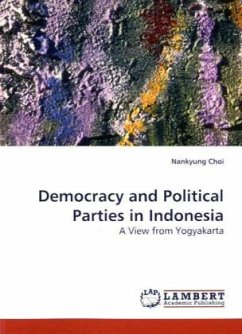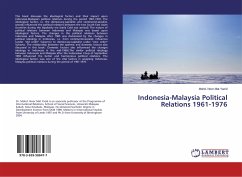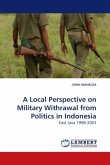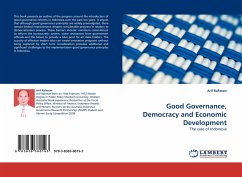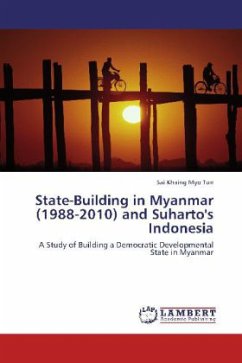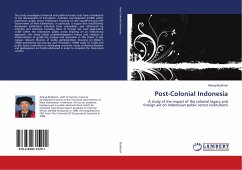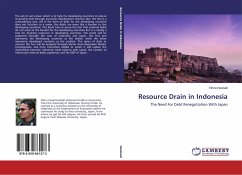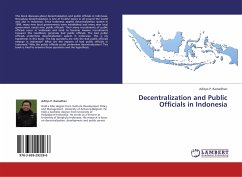This book seeks to understand how the fall of an authoritarian regime and the following adoption of democratic reforms and decentralization have affected the behavior of political parties at the grassroots. Drawing on the recent political developments in Yogyakarta, it scrutinizes, critiques, and further develops existing theories of democratisation and clarifies the uncertain relation between formal democratic institutions and local political practices in post-Soeharto Indonesia. The book focuses on the interaction of formal political institutions and newly emerging patterns of political life at the local level. It identifies a large gulf in Indonesian society between formal democracy i.e., the formal institution of the political system and substantive democratisation i.e., institutionalisation of democratic practices in the day-to-day political behaviour of political actors. It argues that though undoubtedly more democratic than under the New Order regime, post- Soeharto Yogyakarta has also shown indications of undemocratic consolidation, such as the reactivated, transformed, and decentralized political corruption and violence.
Bitte wählen Sie Ihr Anliegen aus.
Rechnungen
Retourenschein anfordern
Bestellstatus
Storno

